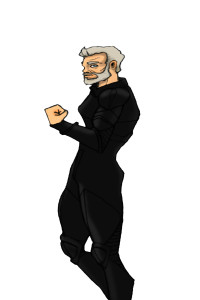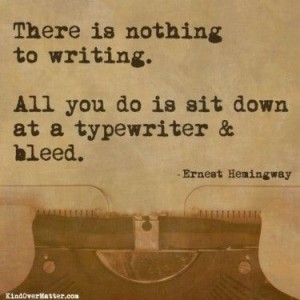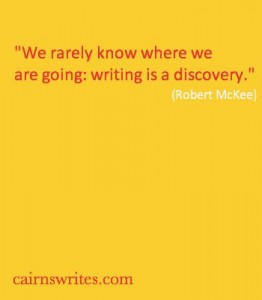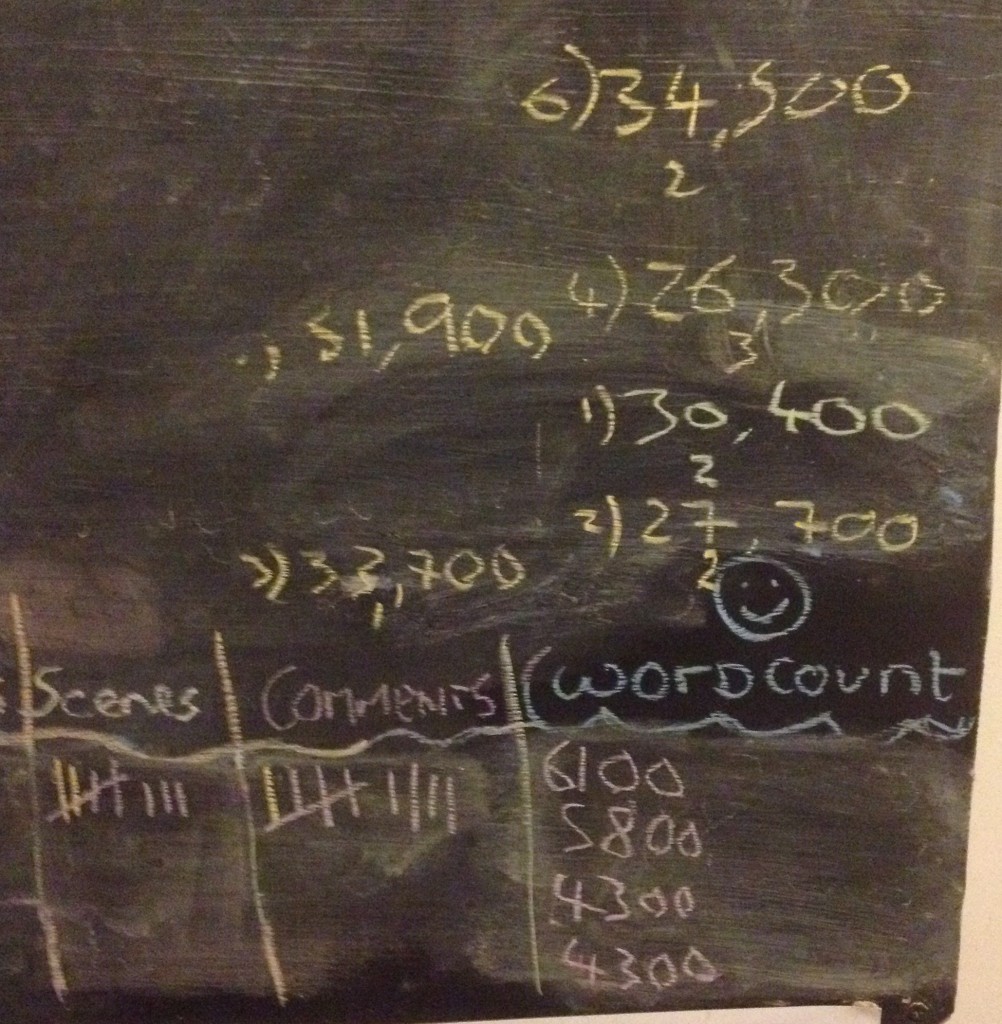I was invited to participate in this tour by my wonderful friend and fabulous fantasy author, Autumn M Birt. To see her post, go here.
The aim of this post is for me to reveal a little something about my current work in progress and to share some of the thinking and inspiration behind it. After, I’ll nominate some other writers to share their progress. So without further ado…
The Planets: Book Five – The Enemy Within.
Since writing the first four books in my Planets Superhero series, I’ve written about fifteen other novels, of various lengths and genres. I didn’t think I’d return to the Planets, having not found anything that moved me enough to go there. However, in editing the third and fourth book in the series, I found myself falling in love with the characters all over again and realising where the story needed to go next. I also wanted to have another crack at writing a Planets story with all the new knowledge and skills I’ve gained from writing those extra books in between.
I can’t give away too much without giving out huge spoilers for book 3, The Long Way Home, which is out in about a month and book 4, Someone Else’s Statue, out in Spring. However, I can talk about the process and some of the obstacles I’ve come up against.
The Enemy Within begins three months after the end of Book 3 and the world is in a very different shape to how it ended up. The Planets are struggling, in some cases, to find where they fit within this new world. Others have too much on their plates as it is. Of course, things wouldn’t be fun if an old friend didn’t turn up to screw things over royally. This turns out to be the tip of the iceberg and soon all hell breaks out.
In writing The Enemy Within, I wanted to write something that felt truly global. I’ve always enjoyed the Planets books for taking me all over the world and in some cases, beyond. But I’ve also always been careful to keep the Planets themselves under the radar. Much of their strength comes from being covert. In this book, I’ve changed all that. Nothing can stay a secret forever and the issues that come with being a public superhero are numerous and lots of fun to explore. Needless to say, my characters disagree with me. 🙂
I also wanted to explore the fallout from what occurred in the first three books. So often in fantasy books, the war is over and all’s well that ends well. In The Long Way Home, the war ends but little is well. Seeing the characters three months on and dealing with the repercussions of that is endlessly exciting and great fun to write.
Finally, as I mentioned earlier, I wanted to push myself to use some of the skills I think I’ve picked up over the last year and a half. This book is tough to write because it has a cast of thousands, obviously, but it also has nine POVs. All of the Planets get a look in, and trying to keep track of everyone’s personal journey, as well as how all the events tie in is a real challenge. The best thing for me to do would be to create some kind of table or wall chart, to map everything out. However, time spent doing that is time I could be writing, so instead I keep it all in my head.
I’ve not been sleeping well lately. 🙂
But it’s fun. And I find having everything in my head keeps it moving around. This means that when a new plot twist rears its ugly head, I can just slot it in without worrying about previous plans. I began The Enemy Within thinking of it as book five in the series, but it is rapidly becoming books five and six. This suits me just fine, but has thrown up another conundrum. I have the final scene in my head, as I often do by this stage, but if that scene doesn’t arrive until the end of book six, how do I make book five end in a way that is satisfying and meets the needs of the readers without tying everything up too neatly?
These are the sorts of challenges I find when I’m writing. Fortunately, they make everything more fun, so I really can’t complain. If you like the sound of the Planets, you can find them on all the normal platforms. The links can be found on the homepage, which you can reach by clicking here or the banner above.
I would now like to nominate the following lovely people to take on the challenge.
Ace, serial romance blogger.
Spinner of tales both sexy and scary.
I chose Tamie and Karen because they, like me, write fiction on their blogs, which I think is ace and would like to see more of.








